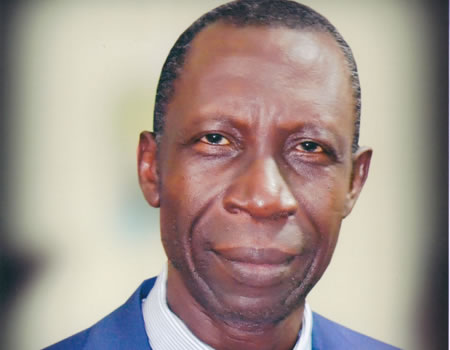The Coordinator, Traumacare Mr. Chris Otabo and the Acting Coordinator, NBTS, Mrs Janet Agba, who disclosed this in Abuja said Nigeria blood requirement was in deficit of N1.7 million units per year.
Otabo and Agba spoke as both organizations partnered to reverse this trend; as they commenced blood donation across the country.
Quoting from a statistics given by the Minister of Health, Prof. Isaac Adewole, the Coordinator of Traumare, Mr. Otabo stated that Nigeria requires 1.8 million unit of blood annually, but the National Blood Transfusion Service said it had not gotten blood more than 66,000 units per year.
This, according to him means that there is a big deficit of over 1.7 million yearly, which That deficit is either filled or people continue to die for lack of blood.
Describing this statistic as disturbing, Otabo said: “We are talking about the need for blood transfusion, blood is needed for emergency in cases of big surgery, when patients bleed in case of accident and when women deliver and bleed. One of the causes of death for women who deliver at the maternity ward is bleeding.
ALSO READ: FRSC boss tasks personnel on voluntary blood donation
“During the World Blood Donor Day recently, the Minister of Health gave us statistics that are disturbing. He said 1.8 million units of blood are required in Nigeria annually and the National Blood Transfusion Service said in recent years, they have not gotten blood more than 66,000 units per year. That means there is a big deficit of over 1.7 million. That deficit is either filled by remunerated donors which are not saved or the blood is not there at all and that means people can die for reason that could be prevented.”
He added: “We want to talk to Nigerians to save lives by donating blood. Blood donation is safe and nothing can happen to blood donor, it is a good health practice to donate blood.
“In the process of solving this big deficit in the blood we have in our bank, we are organizing a national blood donor registration.”
He said the blood donor registration and blood donation have commenced on Saturday in Abuja and other parts of the country, adding that it would last for 28 days.
While calling on Nigerians to come out enmass to register and donate blood, he said “we want to set a record and beat the Guinness Book of Record. World wide, the holder of this record is in India, where in one particular day, people were able to donate about 3,400 units of blood. We want to call on Nigerians to beat this record. That is while we are spread across the country, Abuja, Maiduguri, Ibadan, Lagos, Benin, Calabar and all over the country.
“We want people to come out, we want to get 10, 000 people to come to register and signifies their intention to donate.
“Within 28 days, they must have donated. If we can have all these people do this, we would have been able to set a new record on the Guinness Book of Record.
“We want to get a database of at least 10,000 people that we can call on at any time if there is the need to donate; so that we can keep the blood bank wet rather than dry.”
According to Janet Agba, the Acting Coordinator NBTS, “The aim is to make people come out and donate blood. Nigerian blood is drying up in the blood bank.
“Nigerians has been responding since the donor day. We are sensitizing people and people were coming. We believe that more people will come out after the awareness programme.
“Blood donation reduces the risk of cancer, hypertension, you lose weight, so, it is beneficial to both the donors and recipients. Donation keeps you healthy.
“The Traumacare has donated 1,000 bags. The Traumacare is going for 28 days but we in NBTS do it daily. We need to reduce the number of people who died as a result of blood. We get donation mostly from churches and mosques. We need people to help us financially to procure the test tubes.”





